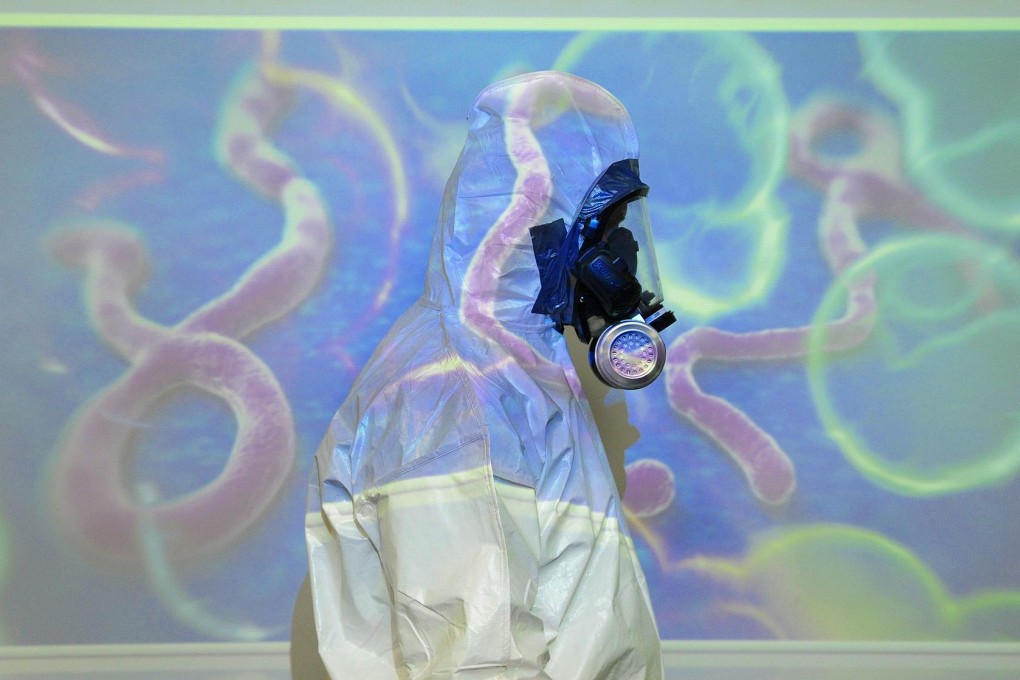The dangers of being too clean
Being exposed to dirt in early childhood - and a healthy sex life - can boost immune system

Usually as winter approaches, there are concerns about ailments like the common cold and influenza, spurring an upsurge of interest in our immune systems. This year, an additional threat looms - the Ebola virus. Though the current outbreak has so far been confined mainly to West Africa, Ebola might occur in Hong Kong or China, as Peter Piot, director of the London School of Hygiene and Tropical Medicine, has warned.

Perhaps surprisingly given advances in medicine, containing any such outbreaks would rely on some basic techniques, like isolating patients, and seeking to care for anyone who does become infected, to give their immune system a chance to combat the virus - while hoping it doesn't kill them in the process.
Though "immune system" is a familiar term, there is still much to be learned about how our bodies defend against diseases. As Stanford Medicine explains, the immune system is, "This dynamic network of biological sensors, cells, secretions and genes … like a sixth sense, able to detect microbial friend from foe in the food we eat, the things we touch and the air we breathe." It adds: "The most intelligent facets of the immune system are still a mystery."
Yet while scientists strive to unravel this mystery - with the Institute for Immunology, Transplantation and Infection of Stanford University in the US even having a "Human Immunome Project" - evolution has produced simple viruses that can impede our defences.
Ebola is one such virus. A study published in August found that a protein created by cells infected with Ebola prevents signalling by interferons, which would normally serve as messengers vital for driving the immune response within cells. This leaves the virus free to multiply unhindered, until by the peak of illness there may be 10 billion viral particles in one-fifth of a teaspoon of blood, which compared to the under 20 million particles in someone with untreated hepatitis C.
Many infected cells die, and this awakens the immune system - which responds so strongly that it not only fights the virus, but can also kill the infected person. In what's known as a cytokine storm, an array of immune system messaging proteins are unleashed, triggering immune cells and activating inflammation. Blood vessel walls become more permeable, so blood can ooze out - leading to the disease being known as Ebola haemorrhagic fever. Nitric oxide is released, which also thins the blood. Thomas Geisbert, an immunologist at the University of Texas Medical Branch at Galveston, told US National Public Radio: "You don't die of blood loss, but from something similar to severe septic shock."
